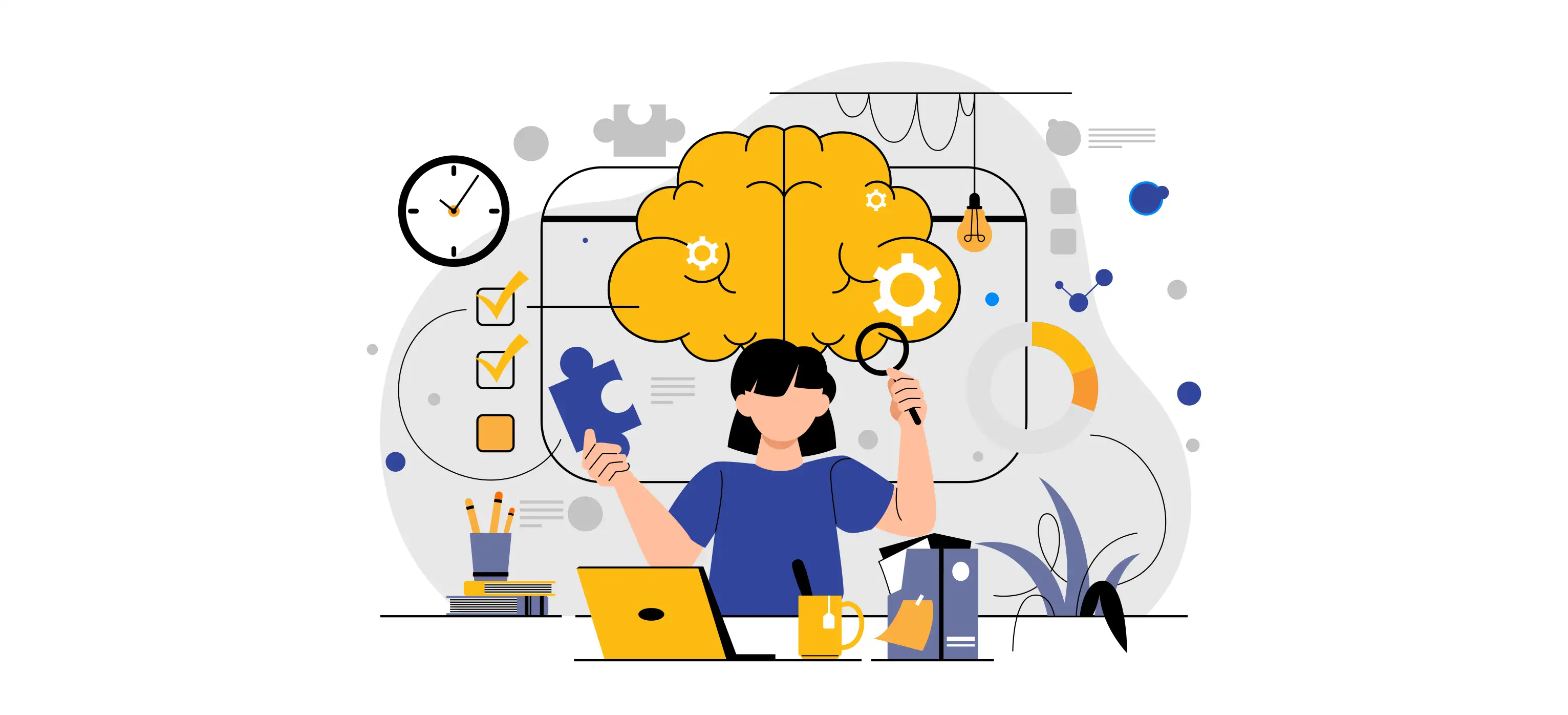 Neena Raj
Aug 01, 2024
Neena Raj
Aug 01, 2024

Did you know that studies show individuals with high emotional intelligence (EI) are more likely to earn 28% more in salary and are four times more effective leaders than those with low EI? These valuable emotional intelligence skills encompass self-awareness, self-regulation, social awareness, and relationship management, and are no longer just a "soft skill" but a crucial element for success in today's complex world.
By fostering effective communication, building strong relationships, and navigating challenging situations with emotional intelligence, individuals and organizations alike can unlock their full potential and thrive.
Emotional intelligence (EI), as identified by psychologist Daniel Goleman, comprises four crucial dimensions: self-awareness, self-regulation, social awareness, and relationship management. These emotional intelligence skills, often referred to as "soft skills," are essential for navigating today's complex professional landscape and achieving success. Let's explore each pillar and its practical application in the workplace:
This dimension focuses on understanding your own emotions, strengths, and limitations. A self-aware individual recognizes their emotional triggers, such as feeling overwhelmed during presentations.
This allows them to adapt their approach, perhaps by practicing relaxation techniques beforehand, or delegating tasks when feeling stressed. Additionally, they can leverage their strengths, like strong communication skills, to lead a team discussion effectively, while seeking collaboration for tasks requiring different skill sets.
This pillar focuses on managing your emotions effectively. Imagine a leader facing a challenging project setback. With strong self-regulation, they can stay calm, avoid emotional outbursts, and express their concerns constructively to the team.
This fosters a safe space for open communication and problem-solving, allowing them to navigate potential conflicts productively and maintain a positive work environment.
This dimension emphasizes understanding the emotions and perspectives of others. In a team setting, social awareness allows individuals to pick up on nonverbal cues, such as frustration in a colleague's body language.
Recognizing these cues fosters empathy, enabling them to offer support and build a sense of belonging. It also allows for active listening and understanding of diverse viewpoints, leading to better communication, collaboration, and decision-making.
This final pillar focuses on building and nurturing positive, productive relationships. Effective relationship management is crucial for leaders who can inspire and motivate their teams by fostering trust and open communication.
By employing active listening techniques, demonstrating empathy, and resolving conflicts constructively, individuals with strong relationship management skills build strong professional connections, promoting a collaborative and productive work environment.
Check out: How to Improve Your Soft Skills in the Workplace
Recognizing the immense benefits of EI, the next step is actively cultivating these emotional intelligence skills. Let's explore the practical strategies to enhance your self-awareness, self-regulation, social awareness, and relationship management, empowering you to navigate the professional landscape with emotional intelligence.
The foundation of emotional intelligence lies in self-awareness. Here are key strategies to enhance your understanding of yourself at a professional level;
Managing emotions effectively is crucial for navigating challenging situations with composure. Here are some strategies to enhance your self-regulation;
Understanding the emotions and perspectives of others is vital for building strong relationships. Here's how to enhance your social awareness;
Building strong bonds is crucial for professional success. Here's how to cultivate them;
By employing these strategies, you can navigate challenges with emotional intelligence, fostering stronger relationships and contributing to a more collaborative work environment.
Developing emotional intelligence is not just a self-improvement endeavor; it's a strategic investment for professional and personal success. By taking an active approach and utilizing the practical strategies and resources outlined here, you can embark on a transformative journey to cultivate emotional intelligence, enhance your relationships, and thrive in today's dynamic world. Remember, the path to emotional intelligence is continuous, and ongoing commitment is key to unlocking your full potential and achieving personal and professional fulfillment.
You may like to know: Best Soft Skill Certification Courses